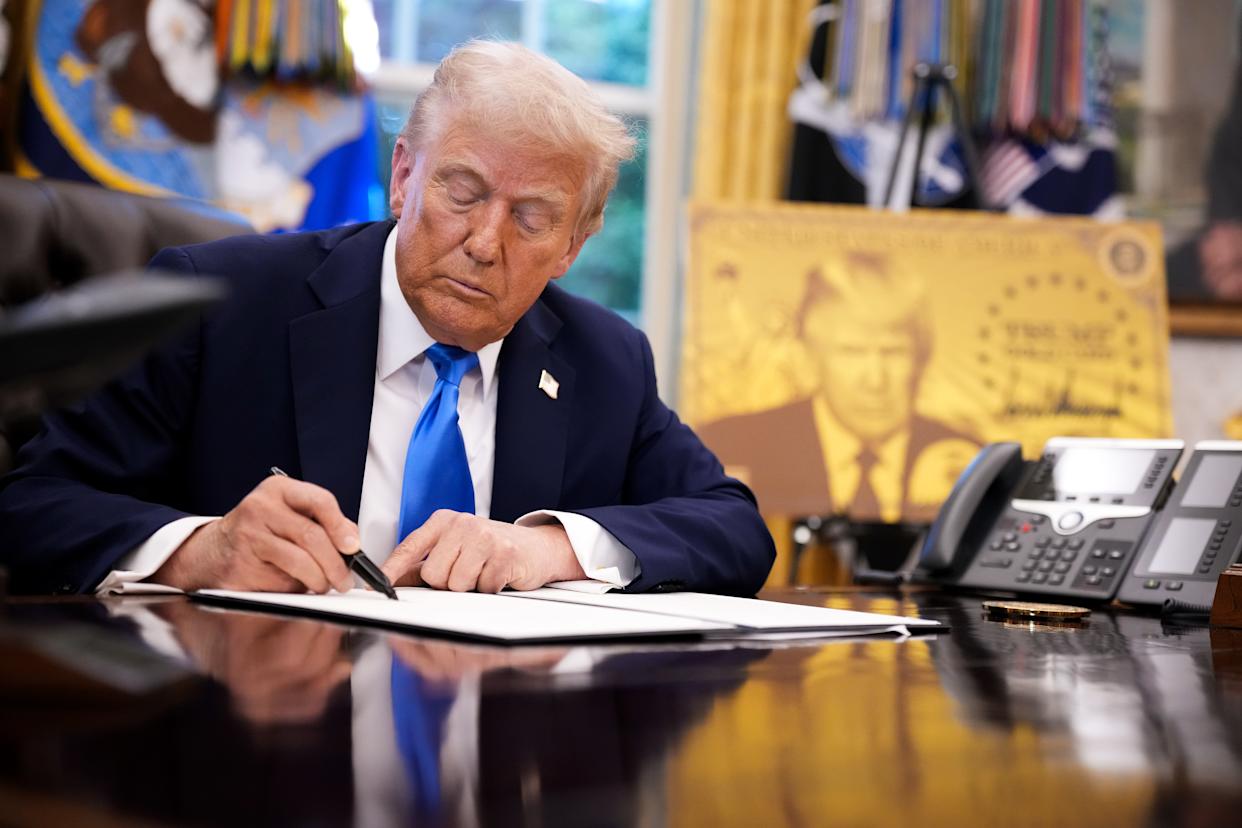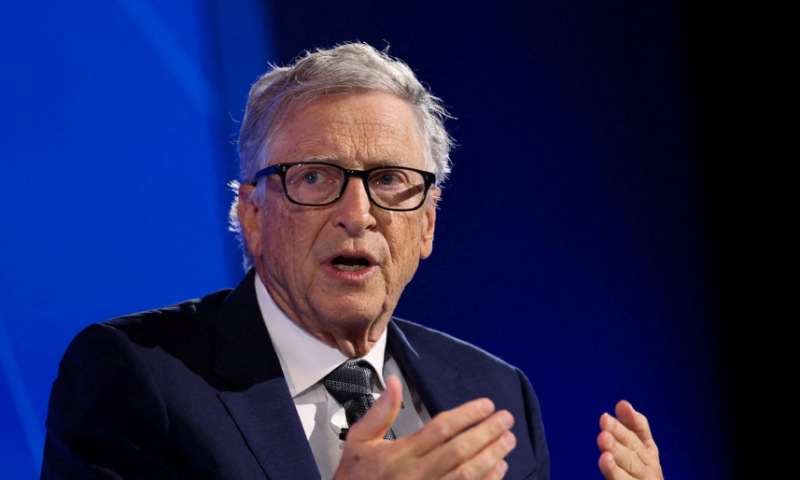The Trump administration recently issued a proclamation that introduces a $100,000 fee for new H-1B visa applications, significantly raising the cost for employers who sponsor skilled foreign workers. The executive order aims to curb exploitation of the program, protect American jobs, and address claims that companies often use H-1B visas for lower-paid foreign labor in routine jobs rather than highly specialized roles. This major policy change marks one of the administration’s boldest immigration steps.
What the Policy Requires
The new rule mandates that employers pay the $100,000 fee for each new H-1B petition. It does not apply to current H-1B visa holders, even those outside the U.S., who renew or re-enter the country under their existing status. Officials clarified that the fee is not an annual charge for existing holders but applies only to new petitions. Government sources also outlined that exemptions might occur on a case-by-case basis if hiring workers qualifies as a matter of national interest.
Why the Administration Says It’s Needed
Administration leaders argue this hike corrects abuses in the H-1B system. They say that many H-1B jobs go to workers in lower wage bands and replace domestic workers. They also maintain that imposing a steep fee ensures companies hire only truly highly skilled or specialized foreign labor. Additionally, the fee will allow for increased scrutiny and compliance. Thus, it serves both economic and security goals.
Reactions and Concerns
Tech companies, trade groups, and immigration lawyers have reacted with alarm. Employers like Microsoft, Amazon, and Google are reportedly assessing travel and relocation plans for H-1B workers abroad. Many fear the new cost will discourage businesses from hiring skilled foreign talent, slow innovation, and shift jobs to other countries with less restrictive or expensive regimes. Meanwhile, critics claim the policy could disproportionately harm workers from India, China, and other nations that supply large numbers of H-1B visa recipients.
Legal and Practical Implications
Lawyers expect legal challenges soon. They argue that such a fee hike may exceed the executive authority without legislative backing. Also, implementing the fee will require new regulations, oversight, and possibly audits to prevent misuse. Employers must adjust budgets, immigration compliance protocols, and potentially limit reliance on H-1B hiring. Meanwhile, potential applicants may reconsider their career plans or attempt to expedite pending applications.
What This Means for Workers and Employers
For companies, the fee increases the cost of hiring foreign skilled labor. Firms may demand higher salary offers, increase job requirements, or shift more work domestically. For prospective H-1B applicants, it means fewer chances unless employers are willing to absorb the cost. It may also change the talent landscape in the U.S., pushing certain skilled workers to seek opportunities in other countries or through different visa categories.
Bonus Read: US Blocks Most Visas for Palestinian Passport Holders



